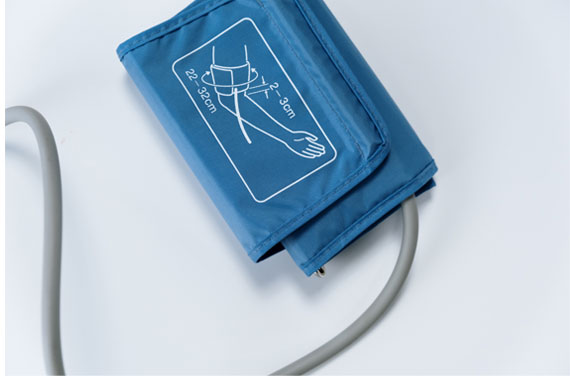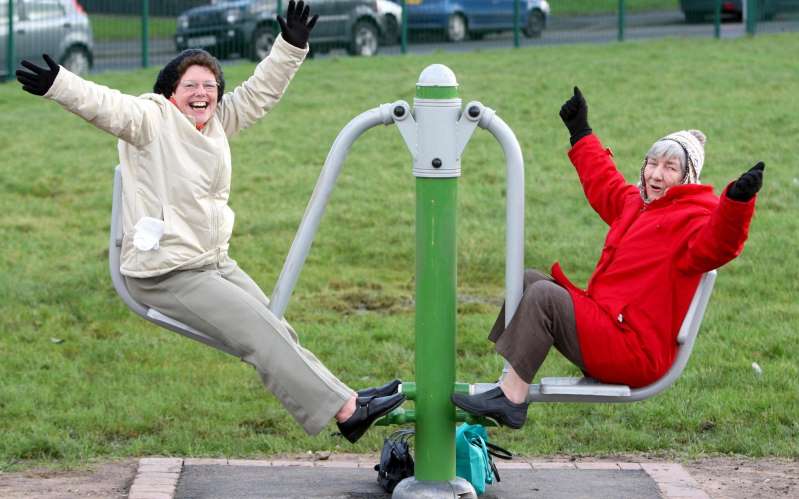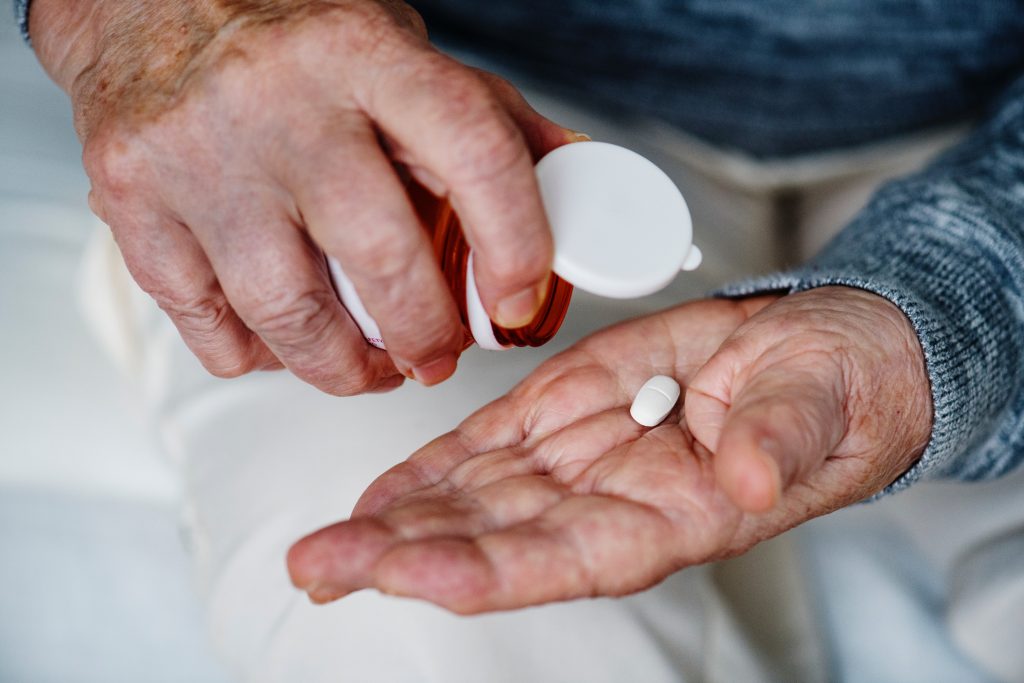Hypertension is one of the primary modifiable risk factors for the cardiovascular (CV) disease and its prevalence and severity both increase with age. One can have high blood pressure or hypertension, and still feel fine. That’s because high blood pressure often does not cause the signs of illness that you can feel or see. But, high BP, sometimes called the “silent killer’’ is very common in older adults and a major health problem. If high BP is not controlled with lifestyle changes and medicine, it can lead to stroke, heart disease, eye problems, kidney failure and other health problems.
WHAT IS BLOOD PRESSURE?
Blood pressure is the force of blood pushing against the walls of arteries. When the doctor measures your blood pressure, the results are given in two numbers. The first number, called systolic blood pressure, is the pressure caused by your heart contracting and pushing out blood. The second number, called diastolic blood pressure, is the pressure when your heart relaxes and fills with blood. Your blood pressure reading is usually given as the systolic blood pressure number over the diastolic blood pressure number, such as 138/72. Normal blood pressure for adults is defined as a systolic pressure of less than 120 and a diastolic pressure of less than 80. This is stated as 120/80.
WHAT IS CONSIDERED HIGH BP FOR OLDER ADULTS?
High blood pressure is now generally defined as 130 or higher for the first number, or 80 or higher for the second. However, there are important considerations for older adults in deciding whether to start treatment for high blood pressure, including other health conditions and overall fitness. If your blood pressure is above 130/80, your doctor will evaluate your health to determine what treatment is needed to balance risks and benefits in your particular situation.
HIGH BLOOD PRESSURE AND COVID-19
Older adults with heart conditions such as heart failure, coronary artery disease, cardiomyopathies (heart muscle diseases), and possibly high blood pressure can be more likely to get severely ill from COVID-19.
HOW CAN BE IT CONTROLLED?
High BP is very common in older adults. As we age, our vascular system changes, arteries get stiffer, so blood pressure goes up. There are many lifestyle changes that can lower the risk of high blood pressure:
- Keep a healthy weight, being overweight adds to the risk of high blood pressure.
- Exercise every day, moderate exercise can lower the risk, set some goals to do exercise safely. Check with the doctor before starting an exercise plan.
- Eat a healthy diet
- Cut down salt.
- Drink less alcohol, drinking can affect BP.
- Don’t smoke
- Get a proper sleep, tell your doctor if you’ve been told you snore or sound like you stop breathing for moments when you sleep. This may be a sign of a problem called sleep apnea.
- Manage stress, relaxing and coping with problems can help lower high blood pressure.
Photo by cottonbro from Pexels


